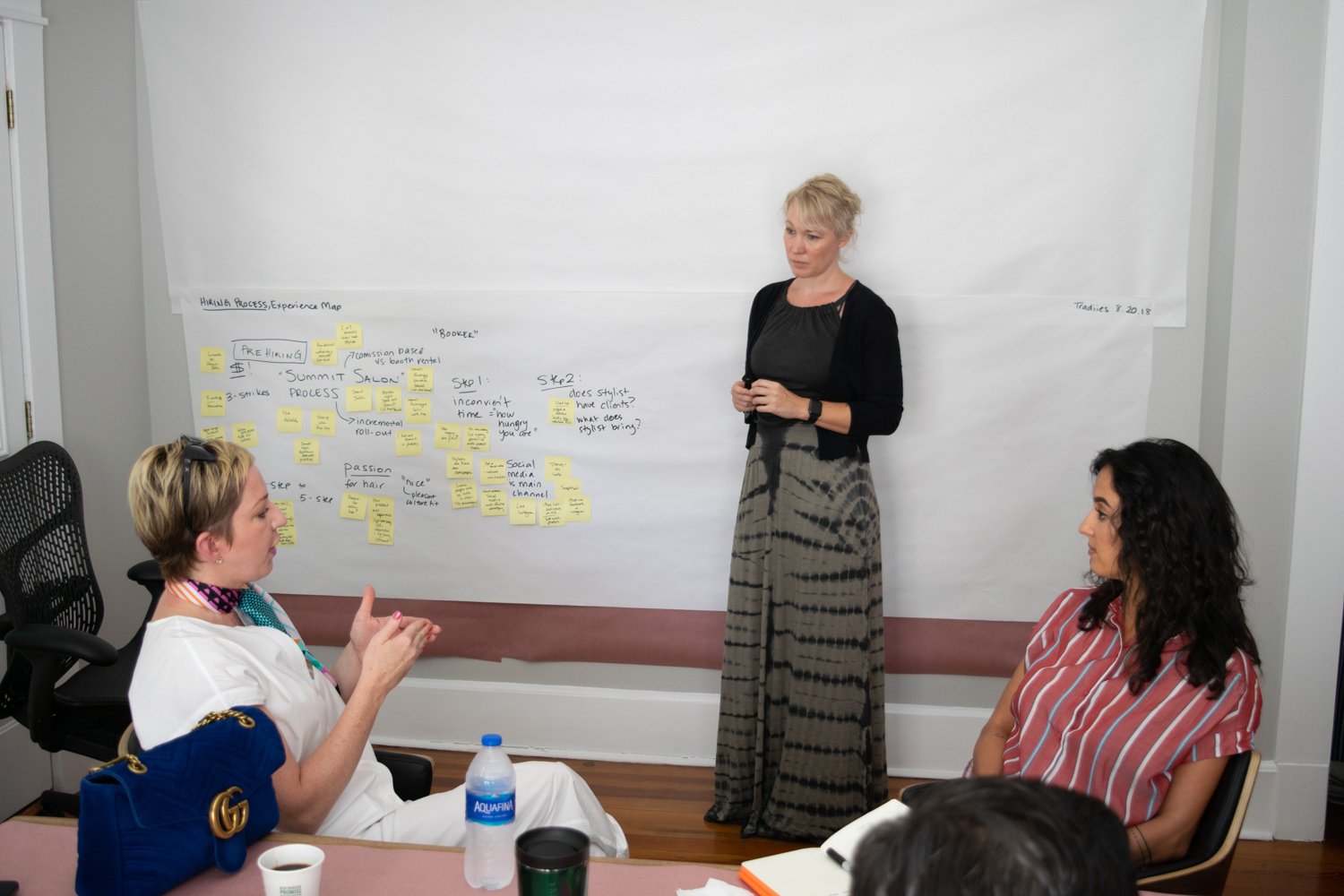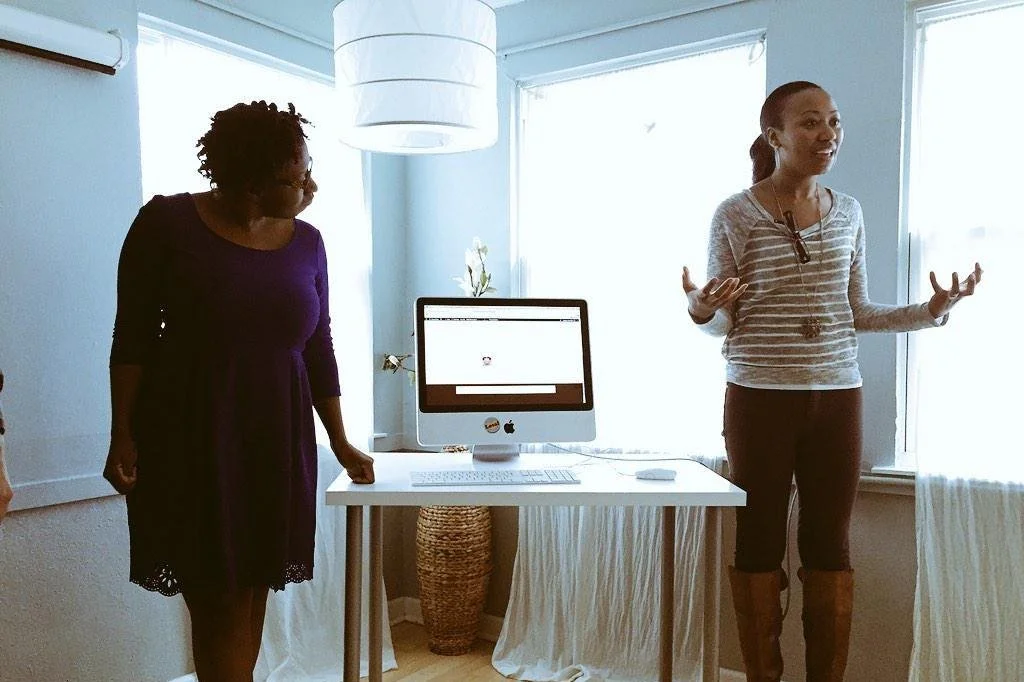Coaching.
7 Reasons Business Owners Hire a Mindful Design Coach
In today's fast-paced and competitive market, business owners must continuously adapt and innovate. One of the most effective ways to ensure sustainable success is by integrating a mindful design coach into the decision-making process. This approach fosters creativity and aligns business strategies with the evolving needs of customers and the broader market.
Here are seven reasons why hiring a mindful design coach is crucial for business owners:
1. Empathy-Driven Innovation
A mindful design coach prioritizes understanding the customer’s needs, emotions, and pain points. This deep empathy ensures that the solutions developed are innovative and genuinely resonate with the target audience. In a world where customer experience is a crucial differentiator, this human-centered approach can make products and services more likely to succeed.
2. Holistic Problem-Solving
A coaching approach surveys problems from multiple angles, considering the broader ecosystem in which a product or service operates. This holistic view helps identify and address potential issues early in the design process, leading to more robust and sustainable solutions. For business owners, this means fewer costly redesigns or pivots down the line.
3. Data-Driven Decisions
Design thinking is not just about creativity; it’s also about making informed decisions. A mindful design coach uses data gathered from user research, prototypes, and testing to validate ideas before they are fully implemented. This iterative process minimizes risks and ensures that the final product is grounded in reality, meeting user needs rather than assumptions.
4. Enhanced Collaboration and Communication
In many organizations, silos between departments can hinder innovation. A mindful design coach fosters collaboration across different teams, ensuring everyone’s insights are valued and integrated into the final solution. This not only improves the quality of the product but also strengthens team morale and cohesion.
5. Adaptability in a Changing Market
Markets and customer needs are constantly evolving. A mindful design coach is adept at navigating these changes, using agile methodologies to pivot and adapt as necessary. This flexibility allows businesses to respond quickly to new opportunities or challenges, maintaining a competitive edge.
6. Building Brand Loyalty
A mindful design coach doesn’t just focus on the functionality of a product or service; they also consider the emotional connection customers have with a brand. By designing experiences that are not only useful but also delightful, businesses can build stronger, more loyal customer relationships.
7. Sustainable Growth
Sustainability is becoming increasingly important to consumers. A mindful design coach incorporates sustainable practices into the design process, from sourcing materials to ensuring energy efficiency. This not only appeals to eco-conscious consumers but also prepares the business for future regulatory changes related to environmental impact.
Gain a Strategic Edge
Hiring a mindful design coach can give business owners a strategic advantage in today’s dynamic market. Combining empathy, creativity, and data-driven decision-making, a mindful design thinker can help businesses create products and services that meet customer needs, foster collaboration, and drive sustainable growth.
Interested to learn more?
Ready to unlock innovative solutions for your business? Sign up for a free consultation, during which we'll explore your unique challenges and explore how our design thinking approach can transform your processes. This personalized session is an opportunity to identify your needs, build a strong connection, and show you firsthand the value of our tailored coaching services. Let's collaborate to turn your ideas into actionable results!
Schedule a virtual introductory session.
Let’s work together
Read or listen to new weekly articles on Medium.
“Our guiding principle was that design is neither an intellectual nor a material affair, but simply an integral part of the stuff of life, necessary for everyone in a civilized society.”
— Walter Gropius
Industry 4.0 Design
Design in Industry 4.0 crafts technology that elevates the human experience.
Our craft must consider interoperability, virtualization, decentralization, real-time capability, service orientation, and modularity. Ethical questions must be answered by a collective of practitioners who value inclusivity, safety, and empathy.







